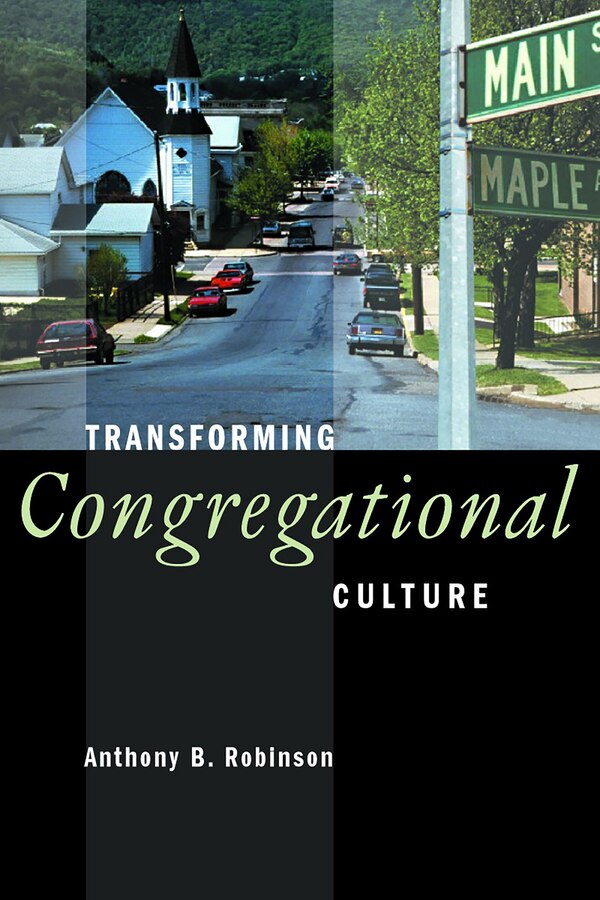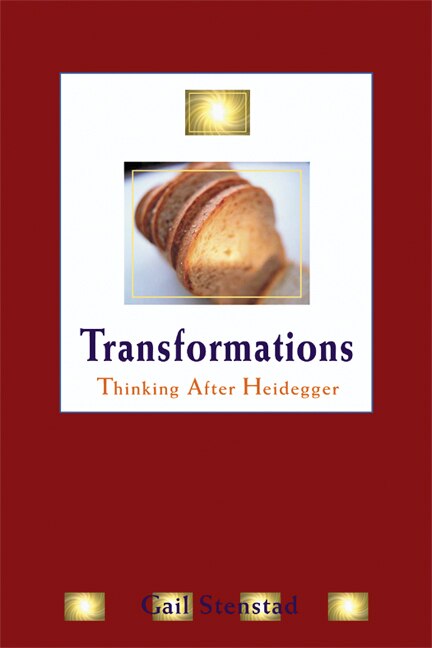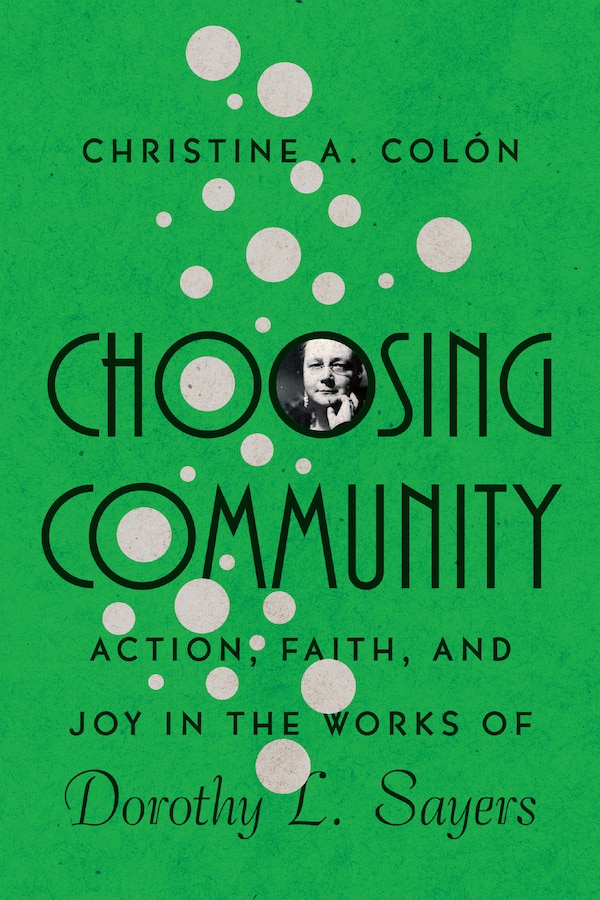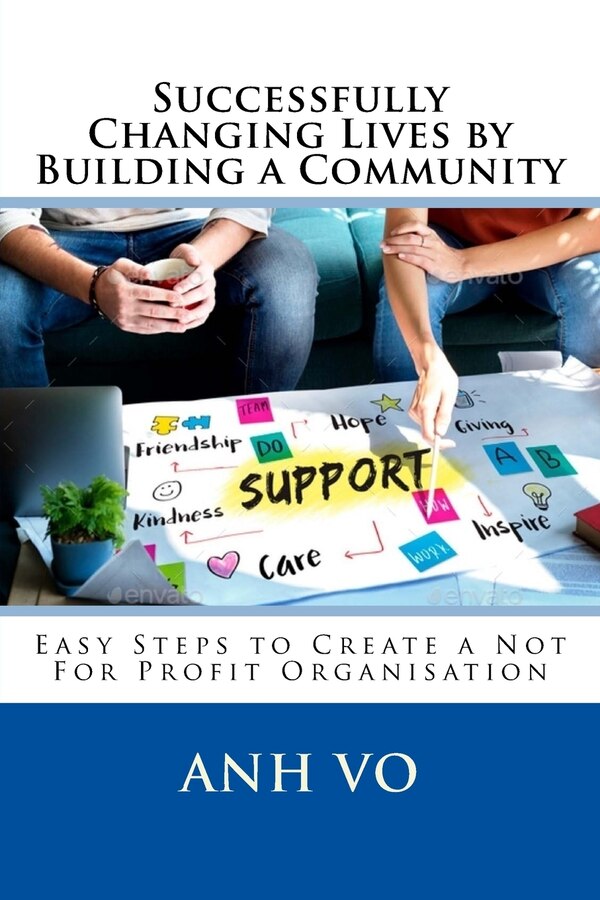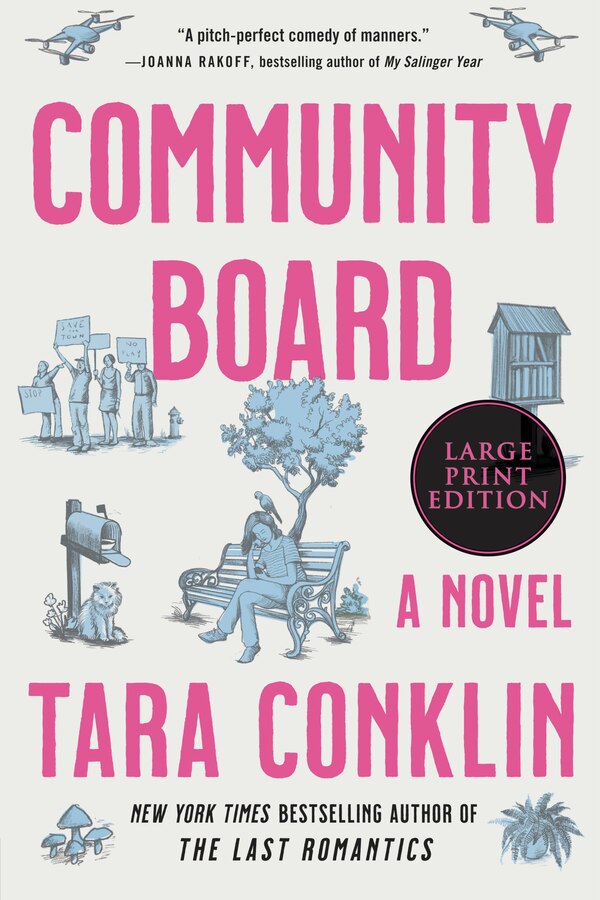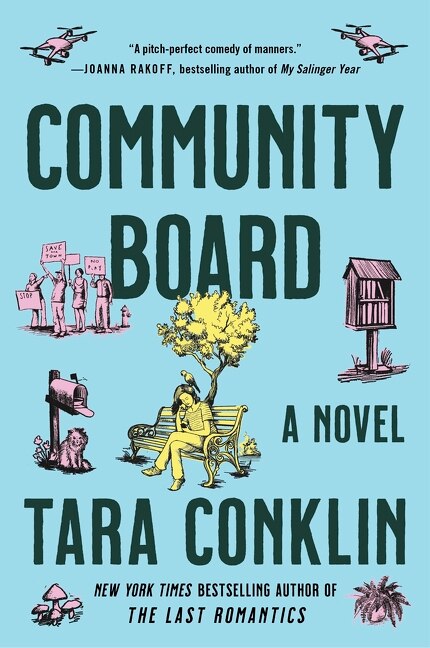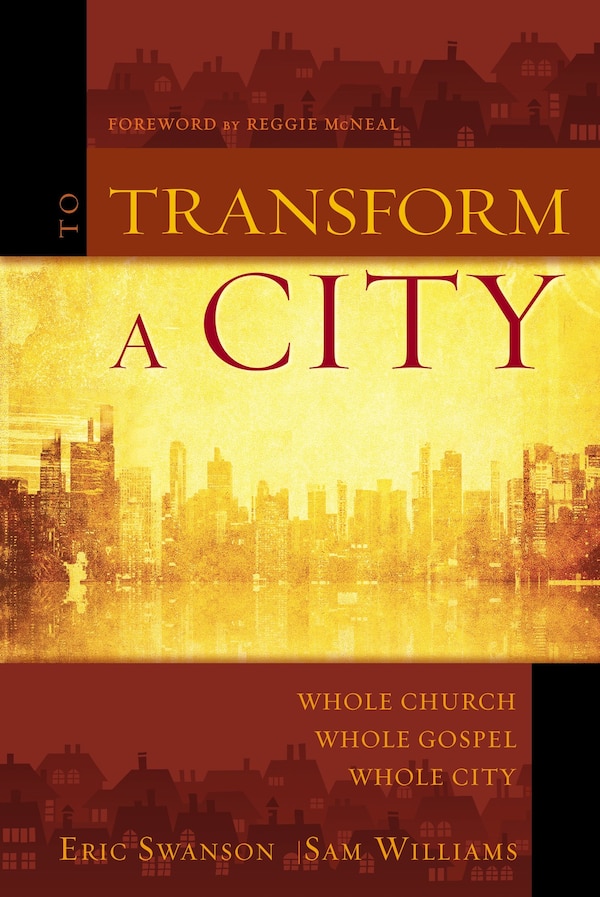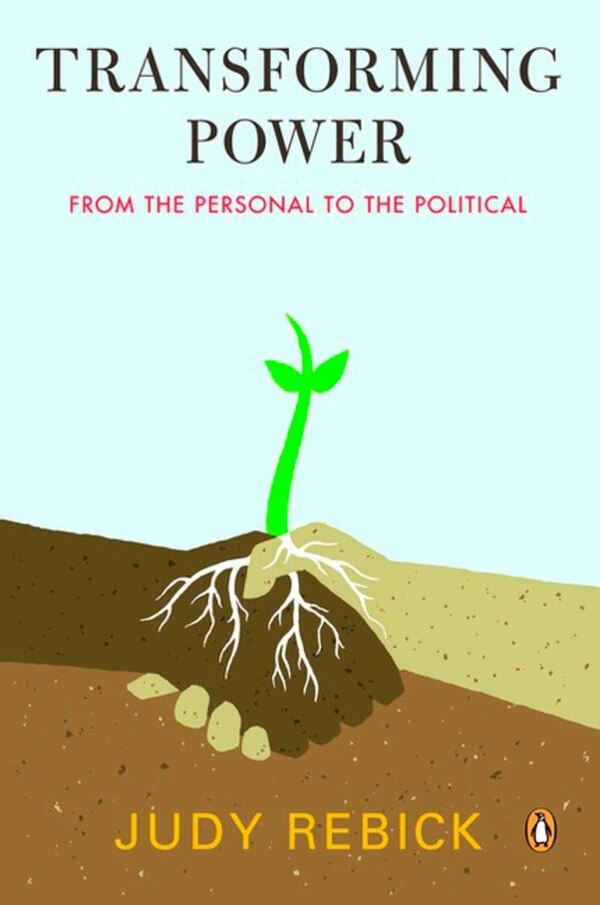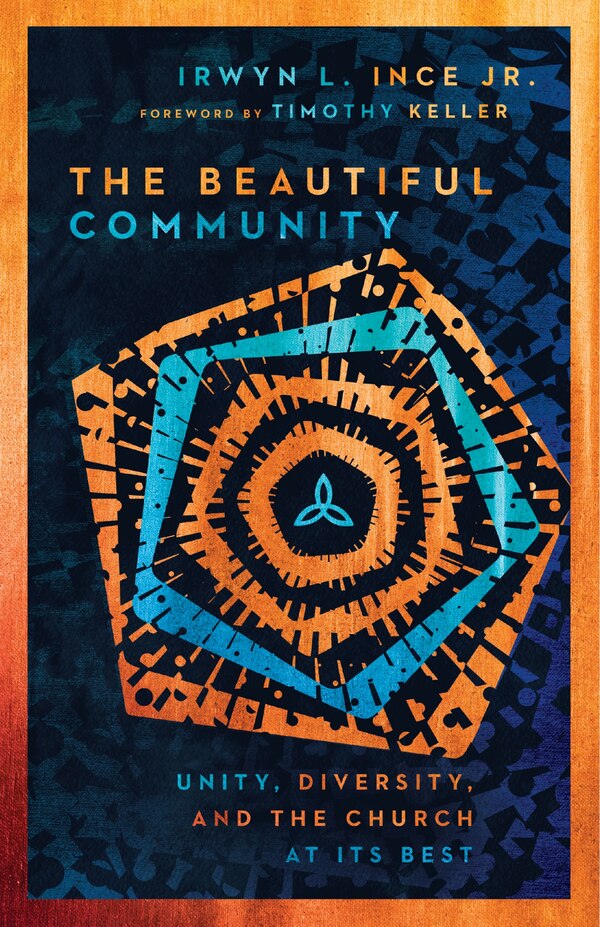Home
Transforming Community by Connie Gunderson, Paperback | Indigo Chapters
Loading Inventory...
Coles
Transforming Community by Connie Gunderson, Paperback | Indigo Chapters
From Connie Gunderson
Current price: $43.95


Coles
Transforming Community by Connie Gunderson, Paperback | Indigo Chapters
From Connie Gunderson
Current price: $43.95
Loading Inventory...
Size: 1 x 1 x 1
*Product information may vary - to confirm product availability, pricing, shipping and return information please contact Coles
Understanding and practicing Relational-Cultural theoryIn the last decade, modern neuroscience has validated almost all of the early tenets of Relational-Cultural theory (RCT): Relational development through the life span, the neuroscience of connection, and social justice. The American Psychological Association invited RCT into its âPsychotherapy monographs seriesâ, noting it was one of the ten most important psychological theories in North America. This book addresses many of RCT's cutting-edge applications. It is a compilation of writings by people who presented at and attended the 2016 Transforming Community: The Radical Reality of Relationships Conference held in Duluth, Minnesota. The conference was co-sponsored by The College of St. Scholastica (CSS), Wellesley Centers for Women, and the Jean Baker Miller Training Institute at Wellesley College. There are four main sections of the book:Neuroscience and Health CareEducationEnvironmentSocial JusticeThey are reflective of the discussion groups convened at the conference. Heart-felt dialogue addressed how RCT can be applied to education, race, white privilege, the neurobiology of connection, resistance to marginalization, LBGTQI issues, mentorship, girl-centered practice, intellectual mattering, disruptive empathy, the radical reality of relationships, integrating critical race and relational cultural theories, our intrinsic relationship with the environment, and relational advocacy. The authors and editors hope you will find RCT useful in working with clients, communities, and institutions. It is hoped that this book inspires you to keep on the path of developing the practice and the understanding of the power of connection and the possibility of building a more empathic community, both in your practices and in your personal lives. What is Relational-Cultural Theory?What has come to be known as Relational-Cultural theory was created in the late 1970s by a collaborative group of four women clinicians - Jean Baker Miller, MD, Irene Stiver, PhD, Janet Surrey, PhD, and Judith Jordan, PhD. Relational-Cultural theory (RCT) places relationships at the center of human growth. People grow through and toward relationship throughout the lifespan. While the culture calls for independence, autonomy, a """"stand on your own two feetâ mentality, RCT points out our ongoing need to be connected with others. When we are excluded or isolated the resultant social pain travels the same pathways to the same place in the brain as the pain of physical injury or experiencing intense hunger or thirst. RCT suggests we need to participate in mutually empathic relationships in order to survive and grow strong. This theory has been applied to psychotherapy, education, social work curricula, graduate psychology programs, and social policy. It has been viewed as a revolutionary new model of human nature and social construction. RCT provides a positive and hopeful picture of human development, a model that celebrates bridges not walls. | Transforming Community by Connie Gunderson, Paperback | Indigo Chapters

